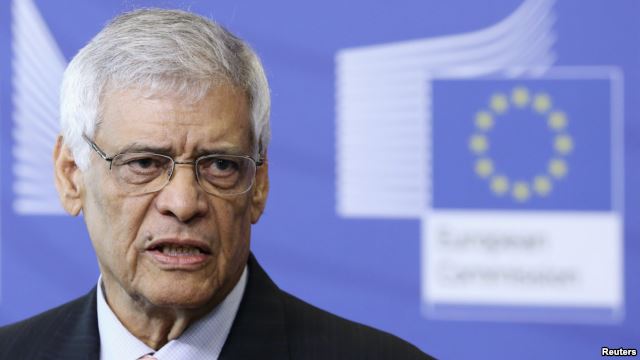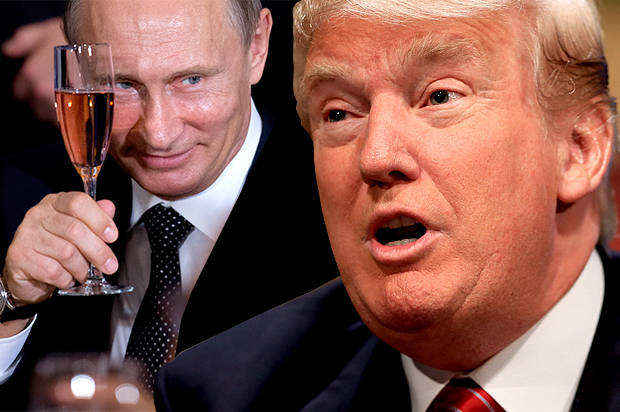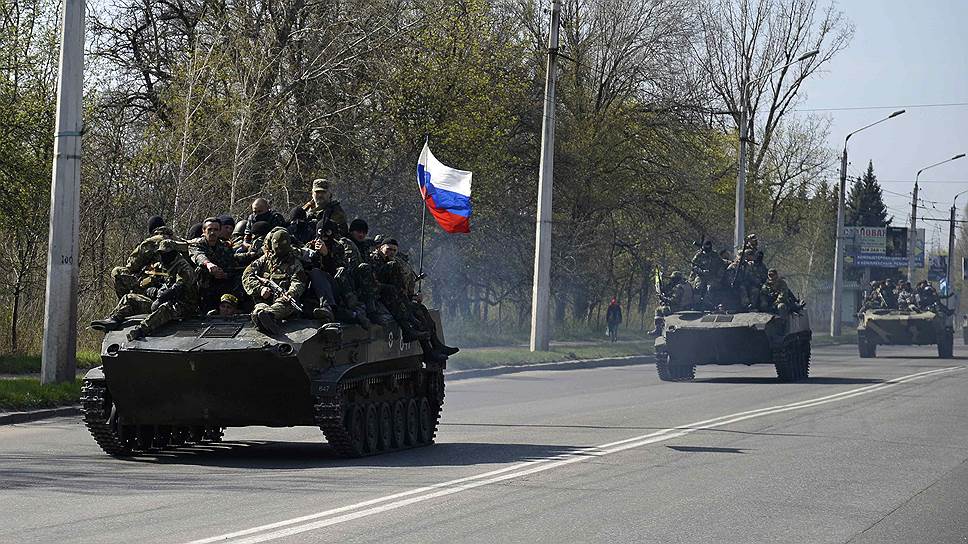The Russian withdrawal from Kherson and the subsequent Ukrainian victory has received scant coverage on Russian state-run television. Nonetheless, the lack of such coverage has done little to prevent the withdrawal from becoming the most discussed story in Russia.
This demonstrates that the Kremlin cannot rely on its control of central television outlets to define how Russians perceive events in the current media environment. Instead, Russians can turn to independent internet outlets, particularly Telegram channels.

And the Kremlin’s loss of control over the setting of the Russian popular agenda may prove to be at least as important as its loss of control over the Ukrainian city of Kherson. The city Moscow had pledged would be
“with Russia forever.”
Now that Russians have had this experience. They are even more likely to switch from TV to Telegram channels in the future.
Recapturing them for the Kremlin’s preferred outlets will require a dramatic expansion of official repression against Telegram channels and other media that the authorities have not previously controlled. This task may prove to be beyond the Putin regime’s capacity in an age of VPNs and the ingenuity of IT professionals.

Or the Putin regime will have to allow its channels to provide more accurate information. This step by itself would constitute an important form of regime change. It could also foreshadow an even more substantial regime change in the future. Such a regime change is a risk that will likely dissuade the Kremlin from pursuing this course.
Thus, Kherson may constitute a turning point. On the one hand, the Kremlin has been shown to be a loser in the eyes of many Russians. And on the other hand, efforts to put that genie back in the bottle could prove to be even more explosive. It could trigger other kinds of regime change moves at the same time.








